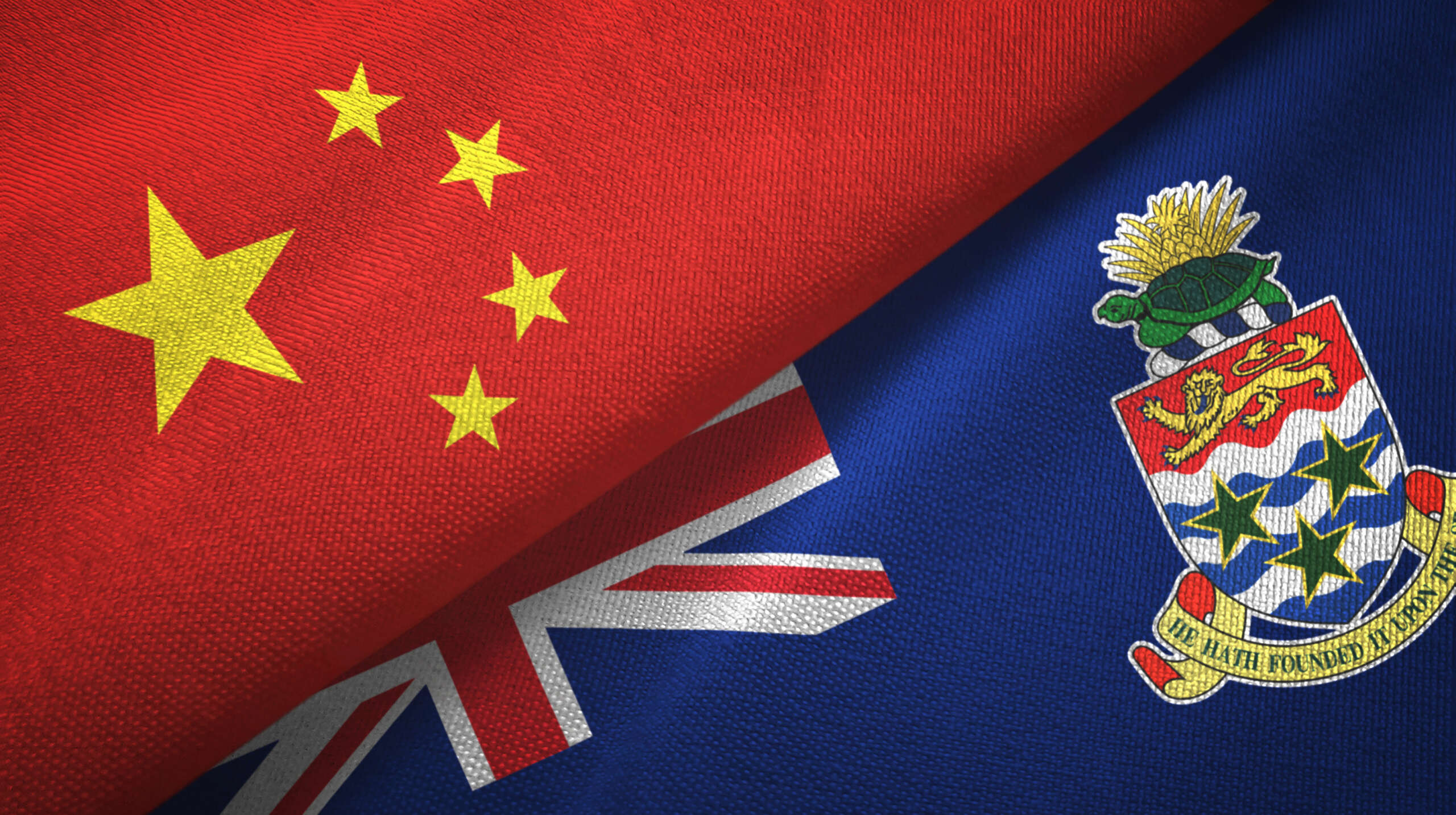Copyright caymancompass

Cayman may be a UK overseas territory, with an economy dominated by the US, but data shows that its financial services industry increasingly caters for Chinese firms. Over the last two decades, the islands have become a key gateway for the flow of capital between China and the US. One way to measure this is the Chinese capital entering the country. According to economics data provider, Statista, Cayman was the third-largest recipient of Chinese foreign direct investment in 2023 and the largest outside of Asia. That year, Cayman received US$8.7 billion of investment, taking the total stock of Foreign Direct Investment in the country to almost US$212 billion. That’s up from US$42.3 billion in 2013. Of course, that money isn’t invested directly in Cayman but is used to capitalise Chinese holding companies that make global investments. “We had the SPAC era just before and after COVID. SPACs – blank-cheque companies – were listed to capitalise on acquisition opportunities, and many had Chinese sponsors or stakeholders,” said Christian Victory, a partner who manages the corporate and commercial team at Cayman-based law firm HSM Group. But the flow goes the other way too, as Chinese companies use Cayman to attract international investment. Over the past two decades, Cayman has become the dominant jurisdiction for Chinese firms seeking access to global investors, particularly through offshore holding companies that are part of variable interest entity structures – known as VIEs – used for listings in Hong Kong and New York. One fresh example is PomDoctor, a Chinese medical services platform that raised approximately US$23 million by issuing American depositary shares on the Nasdaq stock exchange in early October. As PomDoctor states in the Initial Public Offering prospectus one reason why Chinese firms use a VIE to attract foreign investment is that China’s government restricts foreign ownership of companies in strategic areas like tech. Using a Caymanian company creates a way for Chinese firms to raise foreign capital without breaking Beijing’s rules. Why China chooses Cayman Of course there are plenty of other offshore centres, so why is China increasingly choosing Cayman? “Cayman’s relationship with mainland China has definitely deepened over the last decade – we see far more Chinese clients now than 15 years ago,” said Victory. “As mainland China has reasserted control over Hong Kong, the differentiators for using Hong Kong entities have diminished for mainland issuers,” said Victory. “Singapore is highly capable, but it’s expensive and heavily regulated. Cayman is regulated, but more flexible and adaptable in practice.” For its part the Cayman Islands is keen to attract Chinese firms. In addition to the jobs and government fees, China’s emergence also adds diversification. As a result, Cayman’s financial services sector is more geographically diversified than tourism, real estate and insurance, which are heavily dependent on North America. Financial services industry body, Cayman Finance, has also been promoting the jurisdiction to Chinese companies. “Cayman Finance regularly promotes the jurisdiction to businesses and investors in Asia, including China,” said CEO, Steve McIntosh. “This activity is usually done in partnership with our member firms’ offices in Hong Kong and Singapore, as well as government’s Overseas Representative in Asia, Gene DaCosta.” Regulatory scrutiny Under the VIE structure, the international investors own shares in the Cayman company, which in turn has a contractual relationship with – but not legal ownership of – the China-based company that operates the business. In recent years both US and Chinese authorities have raised concerns about VIEs. The US Securities and Exchange Commission has issued notices to “educate” international investors of the potential risks – namely that the investor doesn’t directly own the Chinese operating asset. Meanwhile Chinese authorities have questioned if some offshore listings threaten national security interests. Yet there is no suggestion that regulators in either country are planning to prohibit VIEs and the appetite for such deals continues to grow. According to the US-China Economic and Security Review Commission, on 7 March 2025, there were 286 Chinese companies listed on the three largest US stock exchanges, up from 250 in 2021. “We are not aware of any pressure from either the US or Chinese governments on the Cayman Islands to restrict Chinese companies from using our jurisdiction to attract foreign investment,” said McIntosh. “The Cayman Islands adheres to international transparency and anti-money laundering standards and cooperates closely with global regulators.” Geopolitical tensions What’s most striking about Chinese companies’ growing use of Cayman is that it is happening despite increased tension between the US and China. Since 2018 the countries have been involved in an escalating trade war and investment war. “While US-China trade tensions have created uncertainties in global markets, we haven’t seen any decline in Chinese companies or investors using the Cayman Islands as a financial centre,” said McIntosh. “The jurisdiction’s role as a tax-neutral intermediary for investment flows remains resilient, with continued interest from Chinese firms in using our structures to access international capital.” Strong structural forces, such as the exponential expansion of China’s tech sector, are pushing the demand for offshore listings. While Cayman’s competitive advantages, such as the legal system and strong ecosystem of local corporate service providers, mean it’s well positioned to profit from the trend. “Politics can jolt the needle in the short term, but markets are driven by supply and demand, liquidity and investor appetite,” said Victory. “It’s easy to overstate political swings; the economic drivers often keep rolling beneath.”



